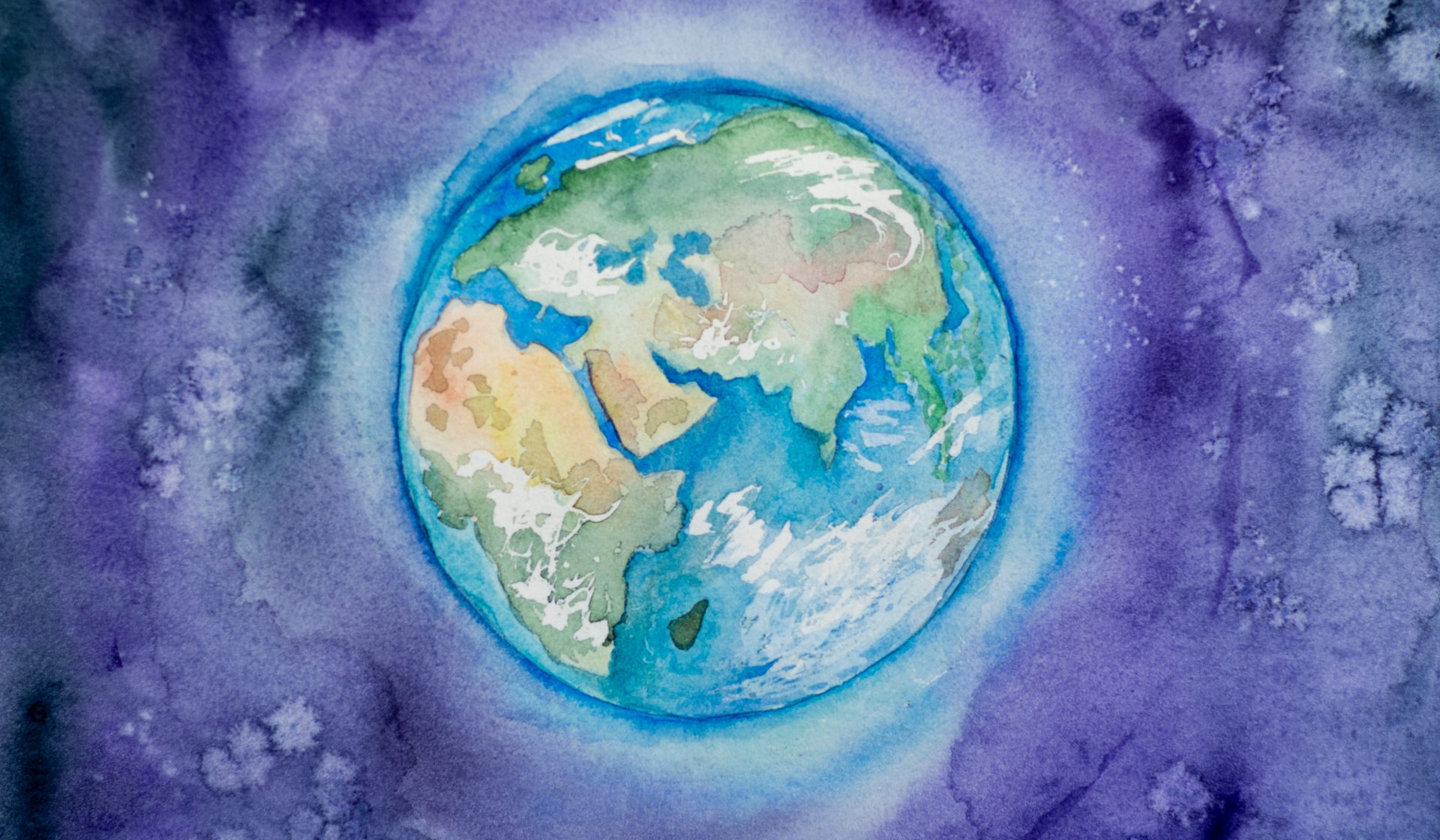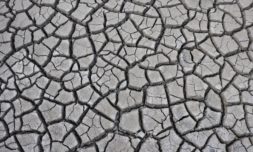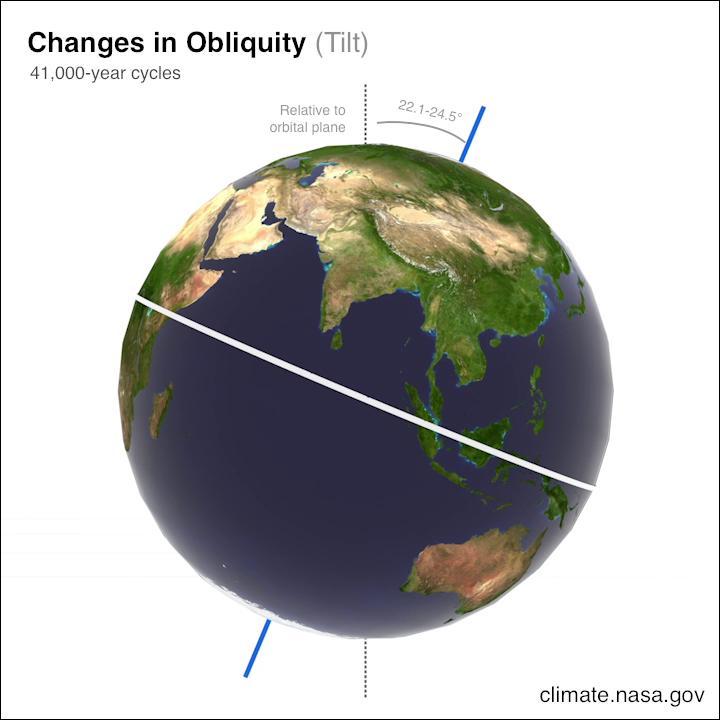Scientists just recorded the planet’s shortest day since records began. Now they’re considering dropping a second off their atomic clocks to keep them aligned with rotation.
If you’ve been reading my articles this week, then you may have developed something of a sense of dread towards the state of things at present.
That is if you weren’t already being kept awake at night by the bleak reality that climate change is well and truly in full swing, wreaking havoc on our environment, health, and overall way of life.
Unfortunately – and forgive me for being permanently cynical these days – I am once again here to be the bearer of bad news.
Because according to new research, the Earth has started spinning faster, a discovery that has scientists scrambling to both find out why and decide whether or not we should be updating our methods of timekeeping.
To explain, our planet normally rotates at roughly 1,000 miles per hour, or 460 metres per second – as measured at the equator.
On June 29, however, the shortest day since records began in the 1960s was logged, clocking in (pun intended) at 1.59 milliseconds less than usual.

This was followed closely by a similar event on July 26, when it shaved off 1.5. Yet surprisingly, given this phenomenon only recently entered mainstream media, our globe has actually been speeding up for a while now.
I mean, I can’t imagine I’m alone in my certainty that ever since the initial outbreak of COVID-19 (2020 was when new records were last set – on no less than on 28 separate occasions) the months have been disappearing at a rate I would liken to taking a nap that lasts far longer than you meant it to and has you waking, bleary eyed, in a complete panic… I digress.
Essentially, as I’ve mentioned, no one currently understands the reason behind the Earth’s sudden incentive to pick up the pace.
But there are theories, and several at that.
The first, that the acceleration is a deviation in the planet’s axis known as the ‘Chandler Wobble,’ whereby our globe’s poles shift by a few metres every 433 days.






















